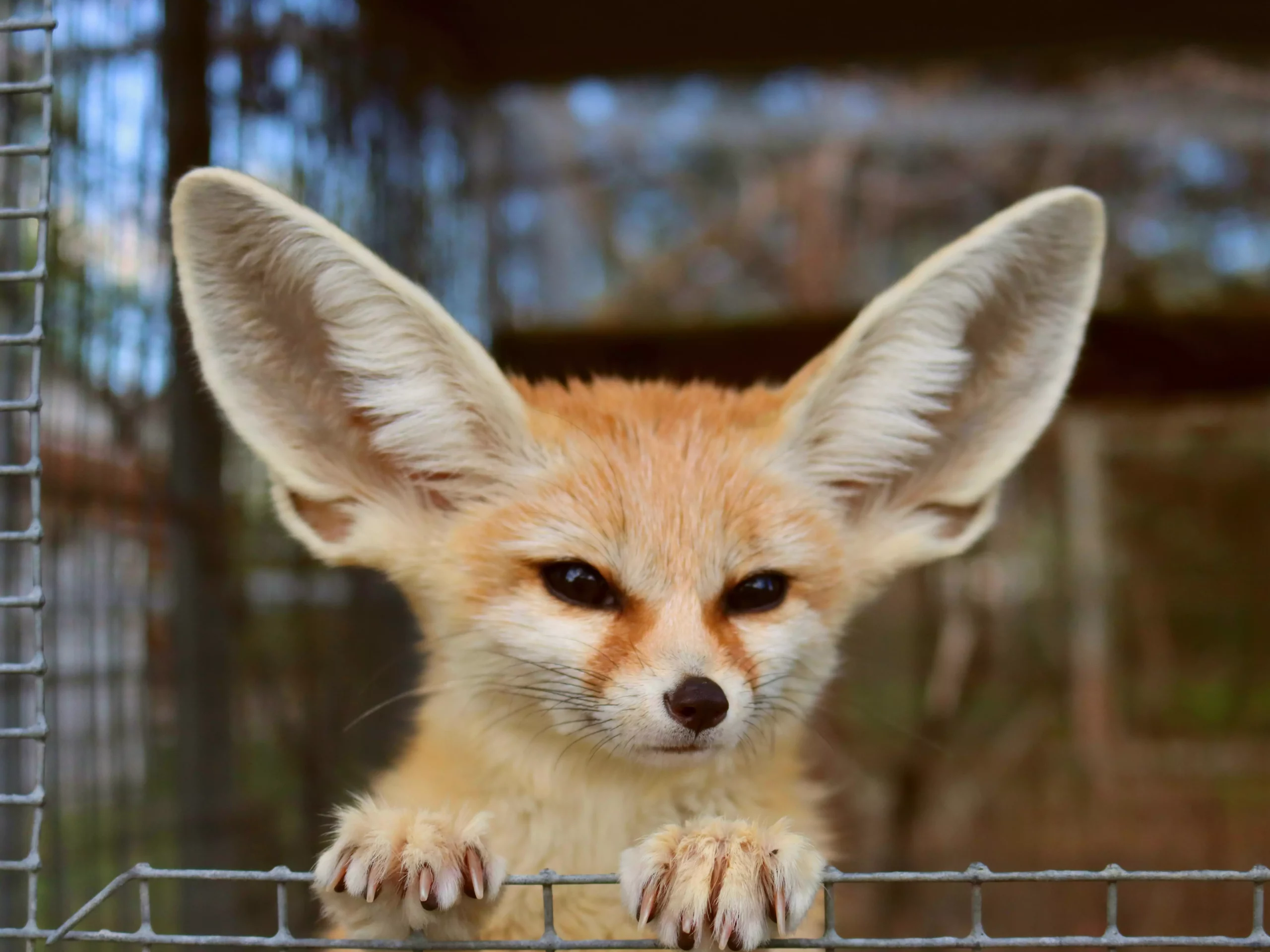Fennec foxes, commonly referred to as desert foxes, are captivating creatures well-adapted to their arid habitats in the Sahara and various parts of North Africa. Their adorable features, particularly their abnormally large ears, often render them a desirable choice for exotic pet enthusiasts. However, the complexities and legal considerations of keeping a fennec fox as a pet demand thorough examination and understanding.
With an average size fluctuating between 9 to 16 inches in length and weighing between 1.5 to 3.5 pounds, the fennec fox is the smallest member of the canid family. Its impressive adaptation to desert life includes specialized hunting skills, nocturnal behavior, and a keen sense of hearing. This unique evolutionary path allows fennecs to thrive in their natural environment, where they primarily feast on insects, small mammals, and plants. Their sociable nature often leads them to form small packs in the wild, yet this canister of wild instincts remains evident even in domestication.
While fennec foxes can possess certain friendly traits, their primal instincts prevail, making them unsuitable for typical pet dynamics. They exhibit behaviors similar to small dogs; however, they cannot be viewed in the same light as conventional pets. Owners may find the constant activity and spirited energy levels challenging, especially given their tendency to be more vivacious at night. Therefore, future pet owners should contemplate the inherent wildness of these foxes before diving into the experience.
Owning a fennec fox often comes with a myriad of legal obstacles. Regulations regarding the ownership of exotic pets vary significantly across different states and municipalities. Some areas have outright bans, while others may require permits or specific accommodations for proper care. Prospective fennec owners should conduct meticulous research to ensure compliance with the regulations of their respective locales. Armed with the right knowledge, individuals can sidestep potential conflicts arising from municipal or state regulations.
Securing a fennec from a reputable, licensed breeder is also of paramount importance. Opting for a captive-bred fennec ensures a gentler disposition, which is crucial for successful domestication. Wild-caught fennecs are not only rare in the United States, but their wild nature renders them unsuited for life in human environments.
Caring for a fennec fox entails more than simply providing food and shelter. These energetic mammals require comprehensive care, including an appropriate diet, consistent veterinary attention, and ample exercise. A diverse diet is essential—ideally resembling the omnivorous habits found in the wild, which includes meats, fruits, and some vegetables. Fennec owners often turn to commercial wild canid products, but should always consult with a vet for an effective nutritional plan suited to their pet’s unique needs.
Exercise plays a crucial role in the overall well-being of a fennec fox. While they are known to be agile and energetic, a lack of adequate stimulation can lead to behavioral issues. Indoor playtime and outdoor enclosures should allow for ample movement, exploration, and engagement to satisfy their natural instincts. Extended times spent indoors without supervision can spell disaster, leading to potential messes, broken items, and mischief. Crate training and proper containment are essential components of managing their lively spirit.
Unlike dogs, fennec foxes do not easily yield to commands or training. While some can be trained to walk on a leash or use a litter box, there is no guarantee that they will respond positively. Their inherent independence makes them more aloof than their domestic counterparts. Building a trusting relationship will take time and patience, as they do not naturally gravitate toward human interaction like cats or dogs might. Potential owners should keep this in mind to avoid frustrations stemming from unrealistic expectations.
Socialization with other pets, particularly if introduced at a young age, can be fruitful. Fennec foxes have been known to coexist with similarly-sized cats and dogs, but potential incompatibility should also be acknowledged. Establish techniques for gradual introductions and supervision during play to foster safe and enjoyable interactions.
While fennec foxes may exude charm and playfulness, it is vital to remember that they are intrinsically wild animals. Their care requires substantial time, effort, and resources. As potential pet owners evaluate the desire to bring a fennec fox into their lives, they should actively weigh the responsibilities against the anticipated joy this unique companion may bring. With adequate preparation, awareness of their native behaviors, and respect for their wild lineage, a fennec fox can certainly enrich an exotic pet experience—but it won’t come without distinct challenges.

